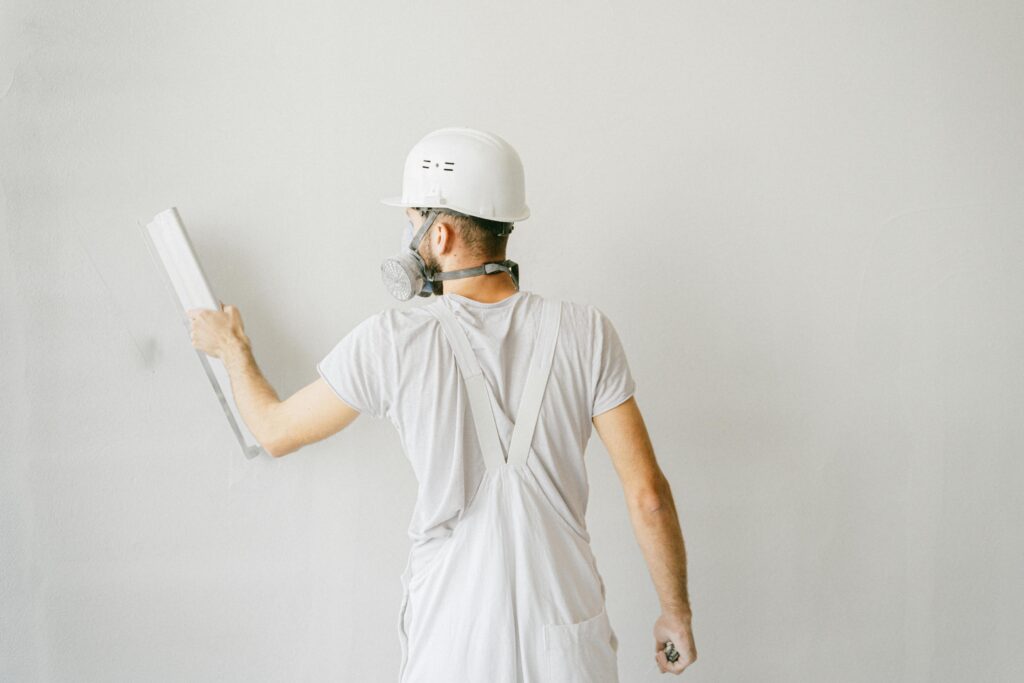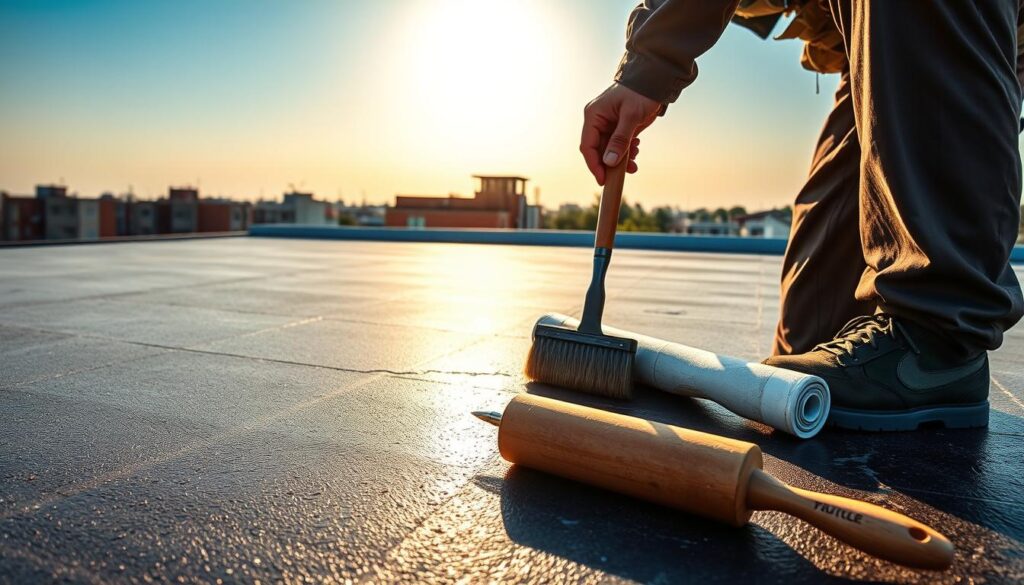Roof Waterproofing Treatment: A Complete Guide for Homeowners
Protecting your home starts with your roof. A well-maintained and waterproof roof keeps your house safe from leaks, mold, and other water-related damage. In this complete guide, we’ll cover everything you need to know about roof waterproofing treatment, why it’s important, the options available, and how it can benefit your home.

What Is Roof Waterproofing Treatment?
Roof waterproofing treatment is a process that protects your roof from water damage by sealing it with a waterproof layer. This extra layer ensures rainwater or moisture doesn’t seep through the roof into your home, preventing issues like dampness, mold, and structural damage.
Why Do You Need Roof Waterproofing?
- Prevents Leaks: Stops water from entering your home through the roof.
- Increases Roof Life: Keeps your roof in good condition for longer.
- Reduces Repair Costs: Avoids costly damage caused by water.
- Improves Comfort: Keeps your home dry and safe.
Common Causes of Roof Leaks
Before understanding treatment methods, let’s explore what causes roof leaks:
- Clogged Gutters: Leaves and debris block water flow, causing water to pool.
- Cracked Roof Tiles: Broken or missing tiles let water through.
- Aging Materials: Older roofs lose their ability to resist water.
- Poor Installation: Incorrect roofing techniques can lead to leaks.
Types of Roof Waterproofing Treatment
Let’s dive into the most common roof waterproofing methods:
1. Bitumen Waterproofing
- Made from asphalt, ideal for flat roofs.
- Strong and long-lasting.
2. Liquid Waterproofing Membranes
- Flexible and seamless.
- Works well for roofs with unique shapes.
3. Polyurethane Coatings
- Durable and UV-resistant.
- Best for roofs exposed to extreme weather.
4. Cementitious Waterproofing
- Affordable and easy to apply.
- Commonly used for concrete roofs.
5. PVC Membranes
- Synthetic materials that provide excellent waterproofing.
- Common for commercial and flat roofs.
How Roof Waterproofing Is Done
Here’s what happens during the process:
- Inspection: A professional checks your roof for damage or weak spots.
- Cleaning: Dirt and debris are removed to prepare the surface.
- Priming: A primer is applied to ensure the waterproofing material sticks.
- Application: The waterproof layer is applied, whether liquid, sheet, or spray.
- Curing: The material is left to set and form a strong protective layer.
How to Choose the Right Waterproofing Solution
- Roof Type: Flat roofs need different treatments than sloped roofs.
- Weather Conditions: Areas with heavy rain may need stronger materials.
- Budget: Choose a solution that fits your budget while offering durability.
- Professional Advice: Consult an expert to make the best choice.
Benefits of Roof Waterproofing Treatment
Roof waterproofing treatment offers several advantages:
- No More Leaks: Keeps your home dry, even during heavy rain.
- Saves Money: Reduces maintenance and repair costs.
- Energy Efficient: Some treatments add insulation, reducing cooling costs.
- Adds Value: Increases your property’s worth by improving its condition.
Maintenance Tips for a Waterproof Roof
Keeping your roof in top shape is easy if you follow these tips:
- Regular Inspections: Check your roof every few months for cracks or damage.
- Clear Gutters: Remove leaves and debris to prevent clogs.
- Fix Problems Quickly: Address issues as soon as you spot them.
- Hire Professionals: Get experts to inspect and maintain your roof.
Why Choose Roof Waterproofing Treatment for Your Home?
Investing in roof waterproofing treatment isn’t just about fixing leaks; it’s about protecting your home for the future. By ensuring your roof is sealed and durable, you save on repairs, improve your home’s comfort, and increase its value.

